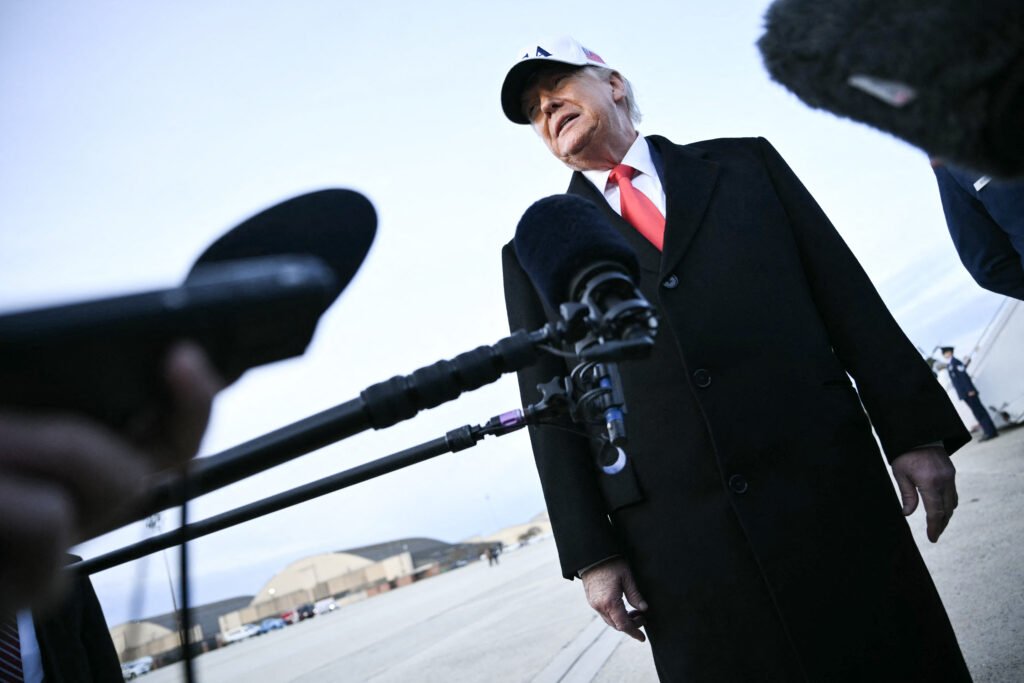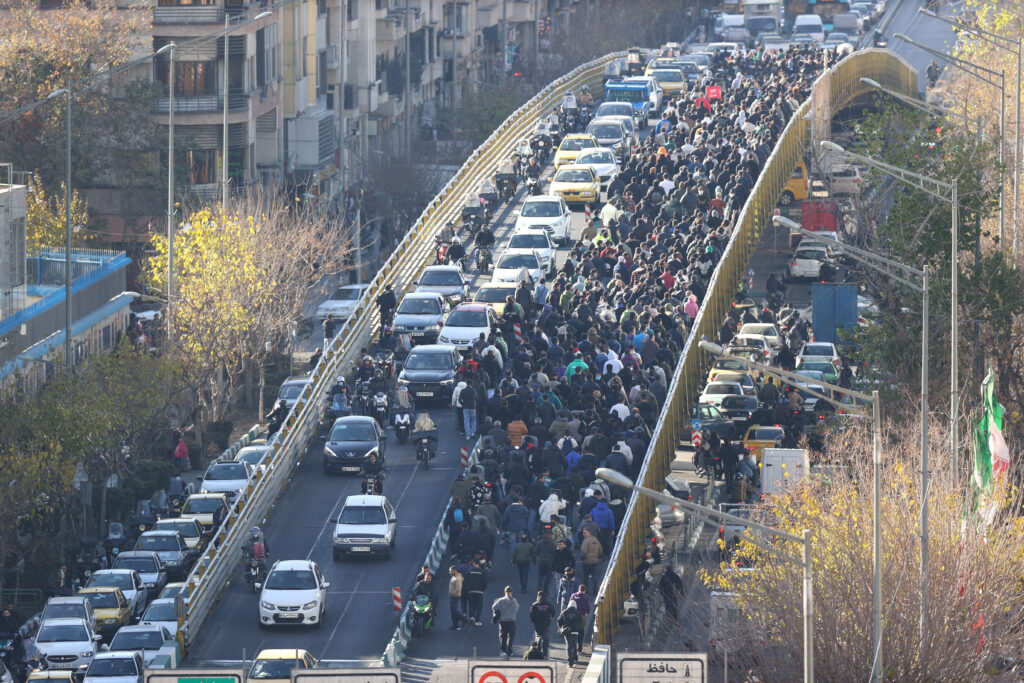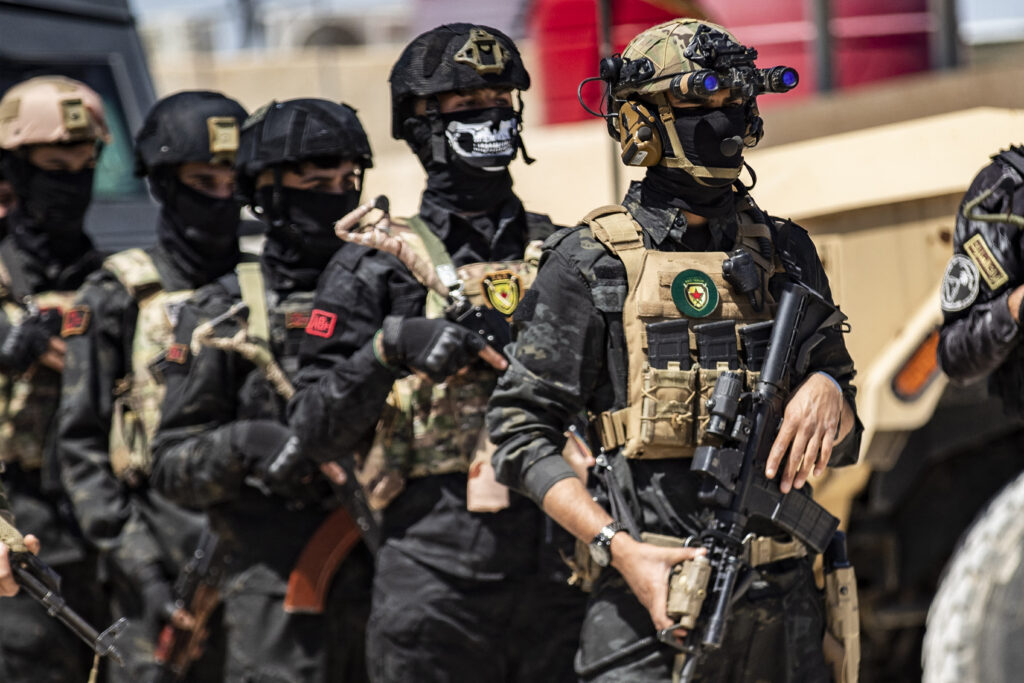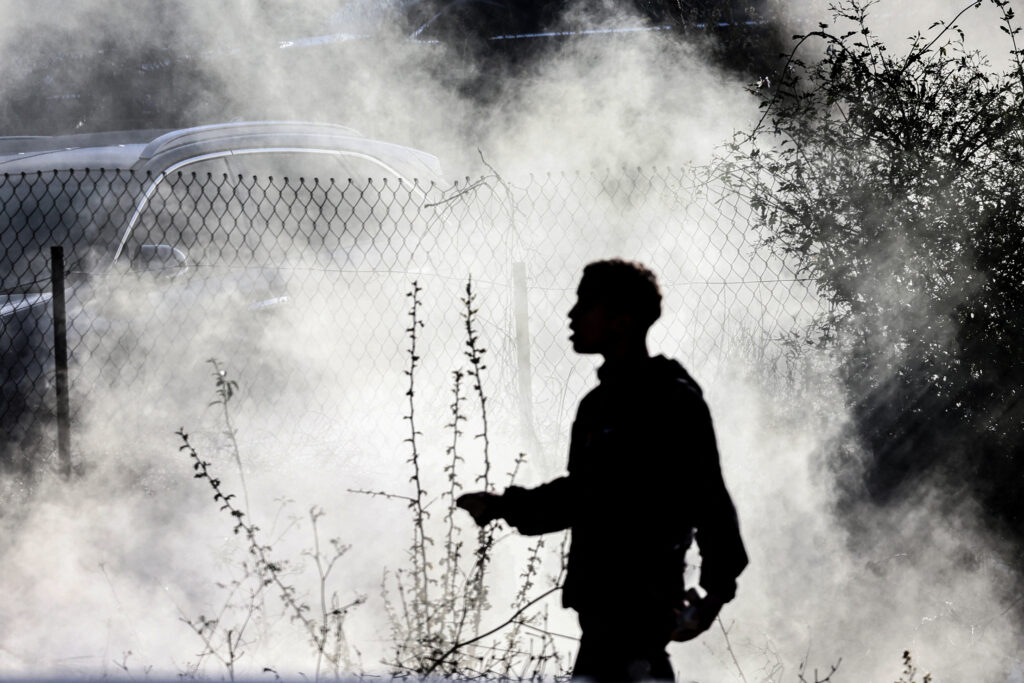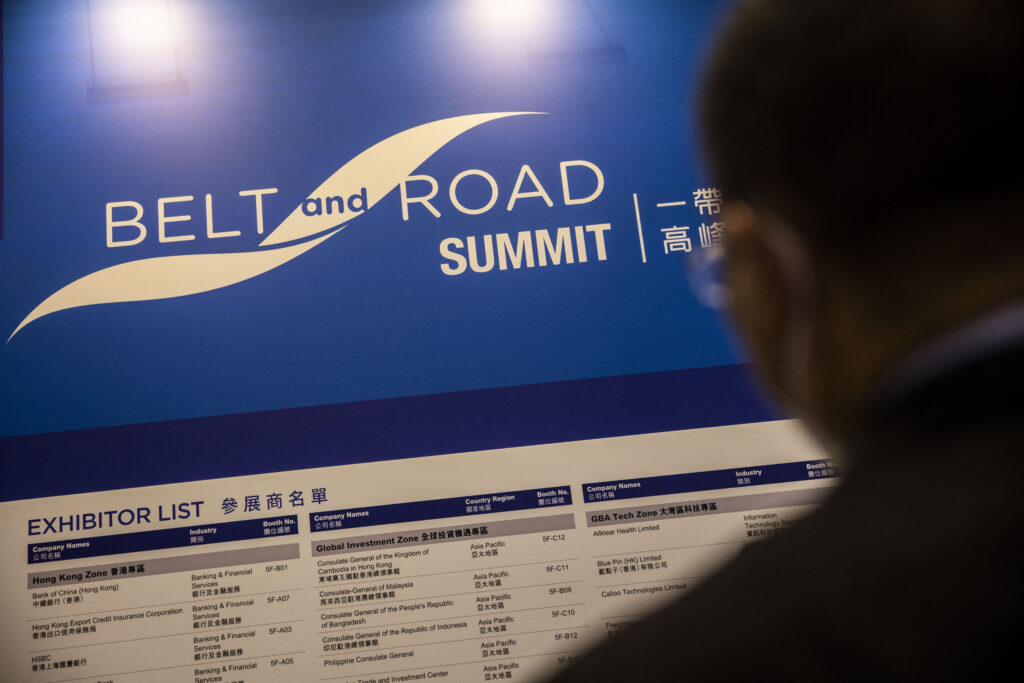As Prabowo and Erdogan Draw Closer, Potential Pitfalls Emerge for Jakarta
- Muhammad Zulfikar Rakhmat
- -

Turkish President Recep Tayyip Erdoğan’s recent state visit to Indonesia has been hailed as a milestone in relations between the two countries. The visit resulted in 12 agreements covering trade, defence, energy, agriculture, and tourism, with both leaders announcing an ambitious goal to increase bilateral trade to US$10 billion annually — a significant leap from the current US$3.5 billion. However, beyond the eye-catching numbers, photo ops, and diplomatic pleasantries, a critical question remains: Is this visit a game-changer for Indonesia, or merely political theatre?
Defence Ties: Strengthening Security or Risking Overreach?
One of the most talked-about outcomes of the visit is the deepened defence cooperation between the two countries. The agreement to establish a Baykar combat drone factory in Indonesia is a significant move, aligning with the country’s push to modernise its military. Indonesia has already acquired Turkish-made Anka drones, and with the Baykar deal, it has positioned itself as a potential key player in regional defence production.
However, this growing military cooperation comes at a delicate time. President Prabowo Subianto’s administration has been steadily increasing military influence in civilian affairs, including the appointment of retired officers to key government positions, and the expansion of the armed forces’ domestic security role. These developments have raised concerns about the balance of power in Indonesia’s democratic institutions, given the country’s history with military-backed governance. As Indonesia seeks military advancement, it must be cautious not to erode the civilian oversight that has underpinned its democratic transition. Additionally, closer ties with Turkey — which has faced criticism over its own military’s role in domestic politics — raise questions about whether Jakarta may find itself influenced by Ankara’s civil-military dynamics.
Economic Ambitions: Opportunity or Overestimation?
Mr Erdoğan’s visit also focused on economic collaboration, with both nations targeting a major increase in trade. The two leaders discussed reducing Indonesia’s high import tariffs on Turkish goods and boosting exports, particularly in agriculture, textiles, and palm oil. Turkey has also expressed interest in participating in Indonesia’s ambitious new capital city (IKN) project, by enlisting its major infrastructure companies in it.
However, Indonesia must ensure that these commitments translate into tangible economic benefits, rather than just Memorandums of Understanding that never deliver what they promise. Jakarta has signed multiple economic agreements with countries of the Middle East-North Africa (Mena) region that have struggled to deliver results due to bureaucratic hurdles, shifting political landscapes, and financial constraints. For example, previous infrastructure deals with Gulf states have been slowed by investment hesitancy, and logistical barriers. Given Turkey’s own economic instability — marked by soaring inflation, currency depreciation, and erratic monetary policies —Indonesia should carefully assess the viability of any large-scale Turkish investments. A deeper economic partnership should be built on realistic expectations, rather than diplomatic grandstanding.
A Shared Stance on Global Issues
Another critical aspect of Mr Erdoğan’s visit was the strong alignment between Indonesia and Turkey on international issues, particularly Palestine. During a joint press conference, the Turkish leader praised Indonesia’s unwavering support for Palestinian independence, emphasising that the liberation of East Jerusalem “cannot be delayed any longer”. This statement resonated deeply with the Indonesian public, where support for Palestine is widespread.
While this diplomatic unity strengthens both countries’ reputations on the global stage, it remains to be seen whether it will translate into concrete policy actions beyond symbolic statements. Both nations have previously expressed strong rhetorical support for Palestine, but have stopped short of taking significant economic or diplomatic measures that could shift the status quo — such as trade boycotts, sanctions, or lobbying efforts at the United Nations to push for a more assertive approach against Israeli policies.
Beyond the Diplomacy: The Political Undertones
It is impossible to ignore the political dimension of the visit. For Mr Erdoğan, whose leadership increasingly relies on projecting global influence, strengthening ties with Indonesia enhances his standing in the Islamic world. His close ties with Qatar and Malaysia, often described as part of a “Muslim Brotherhood axis”, have positioned Turkey as a leader in the realm of political Islam. While Indonesia traditionally maintains a more pluralistic and non-aligned foreign policy, Jakarta must consider whether aligning too closely with Turkey could complicate its relationships with key Gulf partners, such as Saudi Arabia and the UAE, which have had tense relations with Turkey over ideological differences, and for whom political Islam is anathema.
For Mr Prabowo, whose administration is still establishing itself, hosting a prominent global leader bolsters his image as a statesman capable of forging strategic alliances. The warm embrace between the two leaders upon Mr Erdoğan’s departure — widely captured in Indonesian media —was more than just diplomatic optics; it was a calculated political message: For Mr Prabowo, the visit underscored his ability to engage with powerful international figures, reinforcing his image as a leader with global stature. Domestically, it also signalled an openness to diversifying Indonesia’s strategic partnerships beyond traditional partners such as China, Japan, and the United States.
However, Indonesia must approach this relationship with pragmatism. While Turkey’s defence and economic offerings are attractive, there are questions over whether it can deliver on its promises, given its economic malaise. With inflation above 60 per cent and a history of erratic economic policies under Mr Erdoğan, Turkey’s economy is hardly a model for Indonesia. If anything, this serves as a cautionary tale about the risks of economic mismanagement and over-reliance on political strongman tactics.
Conclusion: Moving Forward with Caution
Mr Erdoğan’s visit undoubtedly marks a new chapter in Indonesia-Turkey relations. The agreements signed hold significant potential to boost Indonesia’s defence capabilities, economic growth, and diplomatic influence. However, the effectiveness of these deals will depend on their implementation, not just the rhetoric surrounding them.
The visit also holds broader significance for Indonesia’s engagement with the Mena region. Turkey, with its deep economic and diplomatic ties across the region, can serve as a valuable gateway for Indonesia to expand its presence in the region. However, Jakarta must also weigh the implications of engaging too closely with Turkey, and must remain pragmatic, and alert to the potential pitfalls of deeper engagement with an economically unstable partner whose geopolitical designs are at odds with that of closer friends.
Image Caption: Turkey’s President Recep Tayyip Erdogan (L) and Indonesia’s President Prabowo Subianto shake hands at the end of a press conference after their bilateral meeting and signing of cooperation agreements at the presidential palace in Bogor, West Java on 12 February 2025. Photo: AFP
About the Author
Muhammad Zulfikar Rakhmat, a researcher at Jakarta-based Center of Economic and Law Studies, is a MEI Research Affiliate.

